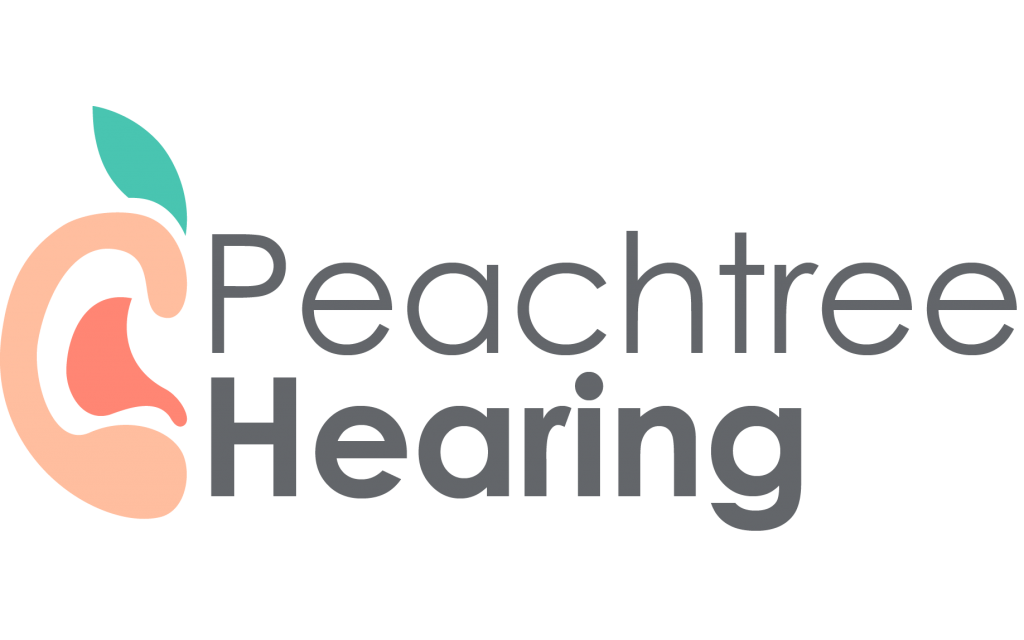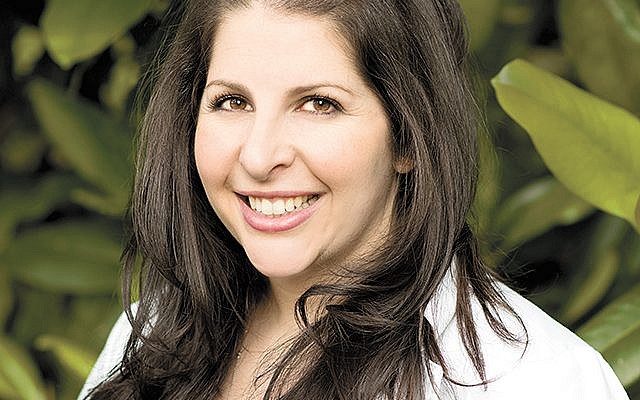The Case for Annual Hearing Examinations
The prevalence of hearing loss is part of the reason audiologists feel an annual hearing test is so important.
You get your eyes checked annually. Your teeth you get checked maybe even twice a year. You have your skin checks, breast checks, heart and lung scans, colonoscopy, etc. While the CDC has for a few years been recommending a yearly hearing test, most primary care physicians do not screen in their office or make the recommendation to their patients to do so elsewhere. “There is a huge push right now in the hearing and speech community to advocate for regular hearing testing to be part of your annual general health assessment,” explains Dr. Melissa Wikoff. Dr. Wikoff is the founder and Director of Audiology at Peachtree Hearing, an audiology practice in Marietta. “Your doctors, regardless of specialty, should be asking you if you’ve had your hearing checked recently,” Dr. Wikoff concludes.
Part of the reason audiologists feel an annual hearing test is so important is how prevalent hearing loss is. Right off the bat at least 20% of Americans some degree of hearing loss. At the age of 65 that increases to 1 out of 3 people. Other factors as well may influence hearing loss. More than 50% of the 29 million people diagnosed with diabetes suffer from significant hear loss for instance.

Another reason for an annual hearing exam is that your hearing may be a good indicator of other potential health problems. “Your ears can be the window to other issues in your body,” explains Dr. Wikoff. “We check the health of your eardrum, look at acoustic reflexes in response to different sound frequencies and verify the symmetry of your hearing. We address symptoms like vertigo and tinnitus, that should not be ignored.” One serious example would be an acoustic neuroma (a low-growing tumor that develops on the nerve leading from your inner ear to your brain). One of the first indicators of an acoustic neuroma is often a sudden hearing loss and/or asymmetrical hearing loss, something that would be found with an ordinary hearing test.
Outside of being just an indicator of health, quality of hearing has a direct effect on one’s health. Living with hearing loss untreated is proven to have many negative and potentially life threatening effects. For instance, untreated hearing loss is proven to cause fatigue, irritability, depression, impaired memory, and overall diminished psychological health. In fact, a study from Johns Hopkins in 2013 showed that hearing loss accelerates brain function decline in older adults. Older adults with hearing loss were more likely to develop problems thinking and remembering than older adults whose hearing is normal.

“I think it’s particularly important for seniors to have their hearing checked often,” explains Dr. Wikoff. “Preserving one’s hearing is one of the most important ways that seniors make sure they stay active, healthy, and connected to the world. We know that hearing loss in seniors leads to isolation and ultimately cognitive decline. The good thing is that we can typically treat hearing loss very easily.”
Dr. Wikoff is a board certified Audiologist. She received her Doctor Audiology (Au.D.) from Washington University in St. Louis School of Medicine. She owns and operates Peachtree Hearing, a full service, private Audiology clinic. Dr. Wikoff treats patients with hearing loss, tinnitus (ringing in the ears), and vertigo. She believes that your hearing care should be a superior experience that offers you the comprehensive treatment required to properly address your specific needs. She uses the latest technology, scientifically proven techniques, and compassionate personalized care to treat each of our patients.
SPONSORED – Paid for by Peachtree Hearing.




comments